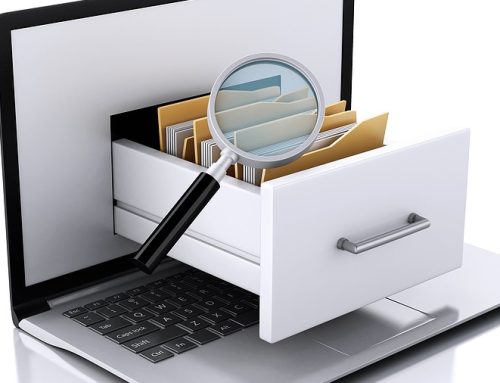Information governance to control mobile data and reduce the associated costs of eDiscovery becomes essential.
One of the biggest and costliest issues facing organizations under legal litigation is the ability to accurately provide electronic records as evidence when requested by the courts in eDiscovery. Organizations either have no idea what email or electronic document data exists in their systems and employee devices or where that data may reside.
The Challenge of Mobile Data
In today’s global communications environment, electronic messages can circumnavigate the globe in seconds. Messages can exist on cellular telephones, PDA’s, laptops, home computers and backup tapes. And most organizations remain unaware of the existence of this data or the ramifications of having to locate and provide the data if called upon to do so.
For example, mobile phones when connected to your network may allow for the downloading of data to the user’s mobile storage or a third-party cloud provider. This data can then be picked up through another email provider’s program, such as Gmail or Yahoo and transmitted without the knowledge of the organization. Thus, it becomes difficult to locate as well as a cyber security data loss risk.
How pervasive is the spread of restricted content in your system such as personal and corporate information which could create a serious and potentially damaging impact on the organization?
With the possibility of so many potential copies of evidence as well as an equal number of locations, can organizations hope to withstand the financial burden of having to locate them? In addition, what about near-impossible task of determining the content of that data?
Control Capabilities Emerging
Many systems today have capabilities for the control of remote devices or synchronization of data instead of straight copying. And technology is emerging to provide the ability to secure remote documents and control the sharing and accessibility of these documents.
Unfortunately, many outdated technologies and open standards are still in use today. These technologies were created to provide a homogeneous method for communication and information sharing. Yet, many have outlived their usefulness and ability to control and restrict that information.

Information Governance to Control Mobile Data
The answer is that organizations must plan and understand the various systems involved, their interactions with each other and mobile devices. Only then, can they develop formalized policies and procedures which reasonably guarantee that information is not only locatable but secured and audited. Thereafter, sensitive information can be isolated and stored in more tightly controlled and defined areas.
Information Governance is the process by which the organization’s policies, security, systems and procedures all come together to define the overall information management strategy. It also ensures that policies and technology can work together to support each other.
Messaging Architects has been at the forefront of eDiscovery, Data Consolidation and Information Governance activities for over a decade and a half and can help organizations in their struggles to control mobile data and other electronic information resources.







